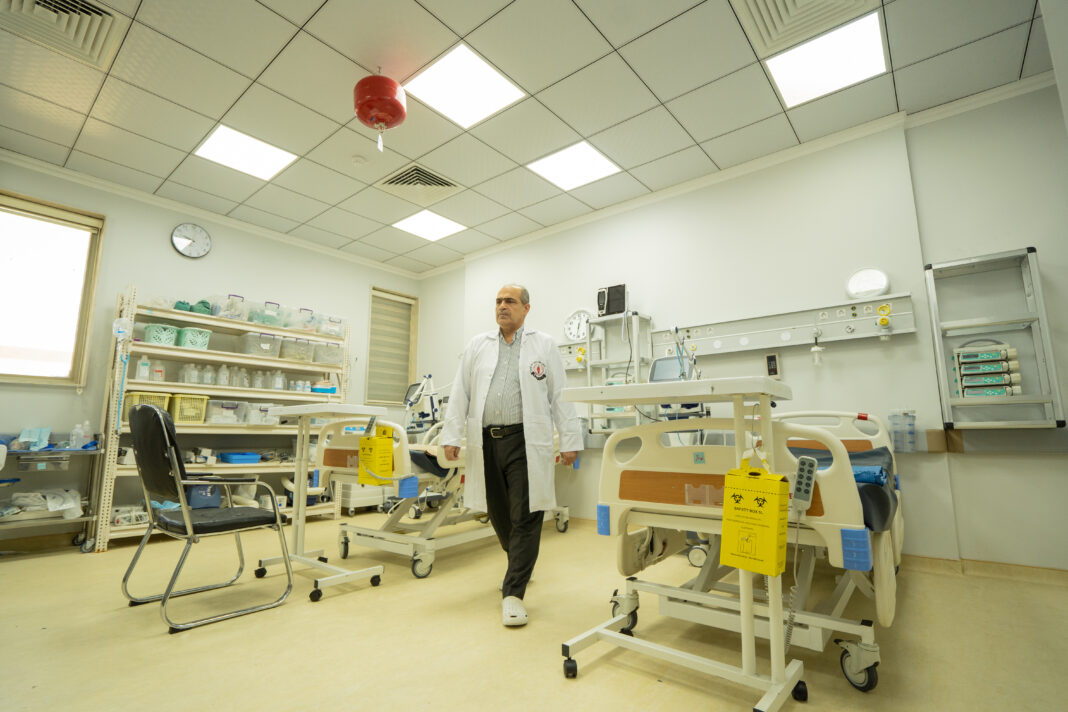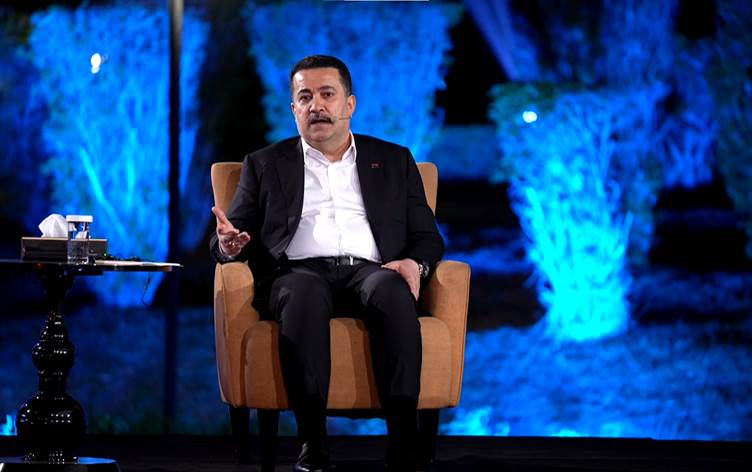Iraq healthcare expansion takes a major step forward as the government completes dozens of hospitals and health facilities nationwide. Health Minister Salih al-Hasnawi announced 62 new hospitals, 21 specialized centers, and 78 additional health facilities across the country.
During a press conference on Wednesday, al-Hasnawi said these projects increase Iraq’s hospital capacity to 53,000 beds, including more than 2,000 intensive and cardiac care units. He also highlighted that 16 more hospitals, each with a 500-bed capacity, are currently under construction under the Iraq–China framework agreement.
Al-Hasnawi emphasized that the expansion goes beyond infrastructure. He introduced a new national health insurance system that provides universal coverage. Vulnerable groups will receive full subsidies, while others can enjoy partial reductions of up to 75 percent.
In addition, the government has strengthened oversight of private healthcare providers. Prices for 90 percent of medicines are now standardized, reducing disparities in access to essential treatments.
The minister reported measurable improvements in public health. Maternal and infant mortality rates have declined thanks to expanded school health services and newborn screening programs. He said these programs ensure early intervention and better outcomes for children nationwide.
Al-Hasnawi also discussed new drug-related initiatives. In partnership with the Interior Ministry, the government has opened rehabilitation centers in every province. This includes the newly inaugurated Al-Qanat facility in Baghdad, which targets addiction treatment while supporting broader public health goals.
Experts note that Iraq’s healthcare expansion is a long-term investment. By increasing hospital capacity and standardizing care, the country strengthens its ability to respond to public health crises, including chronic diseases and epidemics.
The minister added that the Iraq–China partnership accelerates construction and introduces modern hospital management techniques. This cooperation ensures the new facilities meet international standards while addressing local healthcare needs efficiently.
In conclusion, the minister stated that Iraq healthcare expansion represents a comprehensive strategy to improve health services for all citizens. Investments in hospitals, insurance coverage, and specialized care reflect a commitment to modernizing the healthcare system and increasing access nationwide.
As Iraq continues this development, the government expects measurable improvements in health outcomes and nationwide resilience. The combination of infrastructure, insurance, and preventive programs marks a historic shift in Iraq’s public health strategy.



